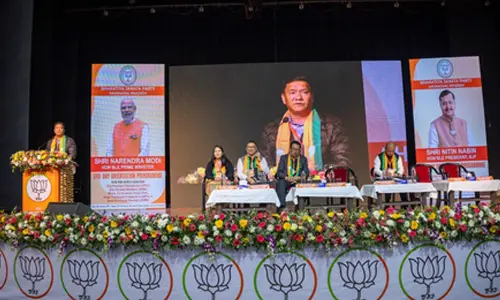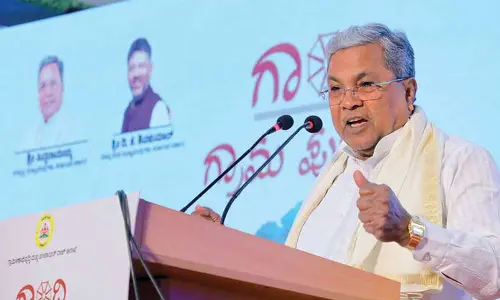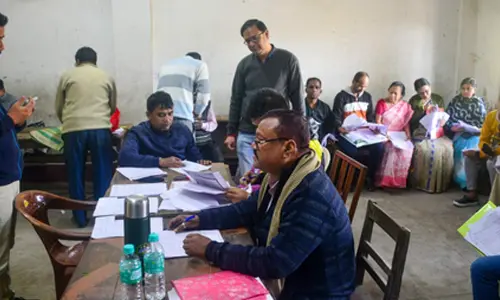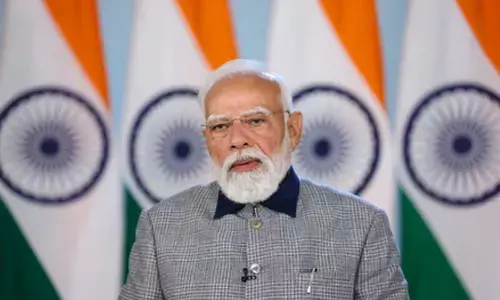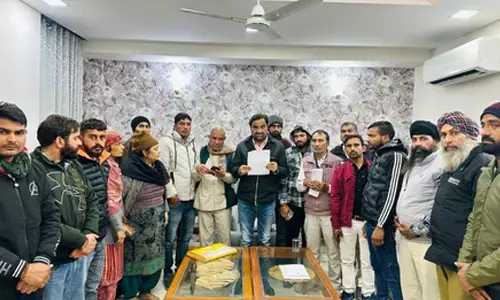People have immense faith in judiciary: CJI
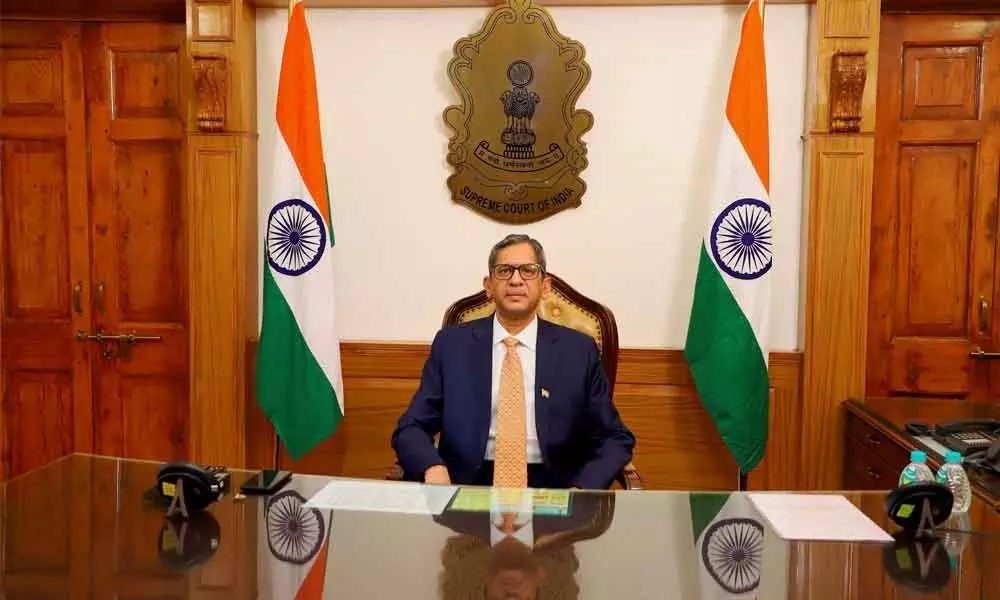
Chief Justice of India NV Ramana (File/Photo)
They know when things go wrong, SC will stand by them Mahabharat, early attempt at mediation, says NV Ramana
New Delhi: THE Supreme Court is the guardian of the world's largest democracy and will always stand by the people, Chief Justice of India NV Ramana said on Saturday.
"People are confident that they will get relief and justice from the judiciary. It gives them the strength to pursue a dispute. They know that when things go wrong, the judiciary will stand by them," CJI Ramana said at the India-Singapore Mediation Summit.
The topic of the summit discussion was "Mediation for Everyone: Realising Mediation's Potential in India". The event was also attended by Chief Justice of Singapore Sundaresh Menon, former Supreme Court judge Justice AK Sikri and CEO of NITI Aayog Amitabh Kant.
Highlighting the need for mediation, CJI Ramana said the judicial delay was one of the reasons for the mediation of cases as well as increased access to justice in India. "It can safely be stated that the legal aid programme in India is one of the largest and most robust. Under the Legal Services Authorities Act, 1987 the judiciary has been given statutory backing and responsibility in ensuring greater access to justice, and I can proudly state that it is one of the greatest success stories of modern India", the CJI said. Highlighting the opening of the Indian market in 1995 as an important factor that resulted in India's shift towards Alternate Dispute Resolution mechanisms, he said, "Mediation, being the cheapest and simplest option available to the public at large, can be described as a tool of social justice in the Indian context.
Such a party-friendly mechanism ultimately upholds the rule of law, by providing an incentive for parties to utilise their autonomy to the fullest to arrive at a just and equitable outcome".
A mediator, he said, must be equipped to understand the situation of the parties and choose the appropriate approach.
This can only be made possible with carefully designed, in-depth and continuous training of mediators. He also stressed the need for ethical standards and unimpeachable integrity and neutrality of mediators.
Referring to the Indian epic, the Mahabharata, the CJI said it was an example of an early attempt at mediation as a conflict resolution tool, where Lord Krishna attempted to mediate the dispute between the Pandavas and Kauravas. It may be worthwhile to recall that the failure of mediation led to disastrous consequences, he added.
The Chief Justice emphasized mediation, as a concept, is deeply embedded into the Indian ethos, long before the arrival of the British adversarial system in India. "The establishment of the British courts system, in 1775, marked the erosion of community-based indigenous dispute resolution mechanisms in India. The British judicial system has ultimately become the framework, with appropriate modifications, for the current judicial system in India," the CJI said.








